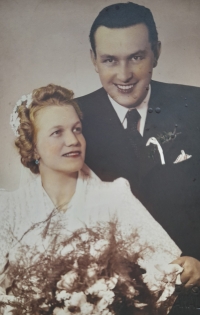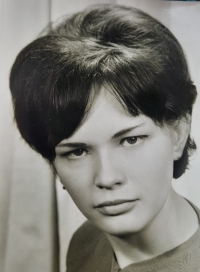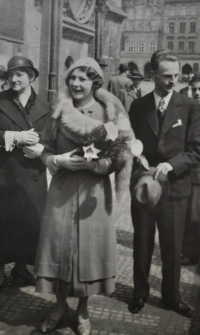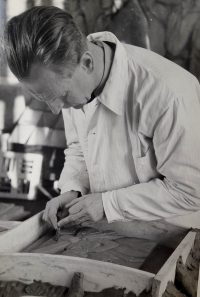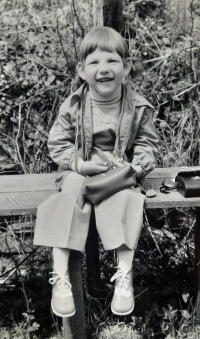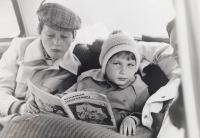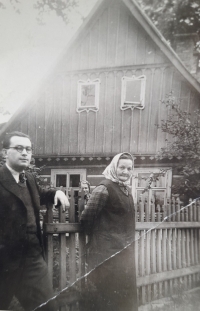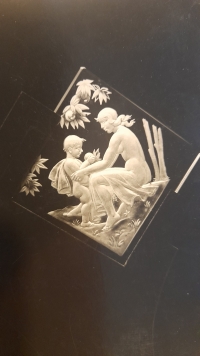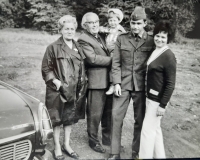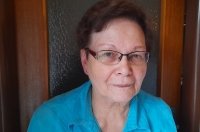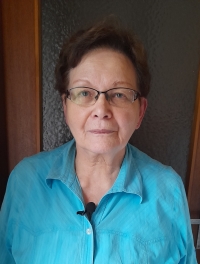“As a daughter of a ‘capitalist‘ I was not supposed to be allowed to graduate,” says the daughter of the founder of a glass family
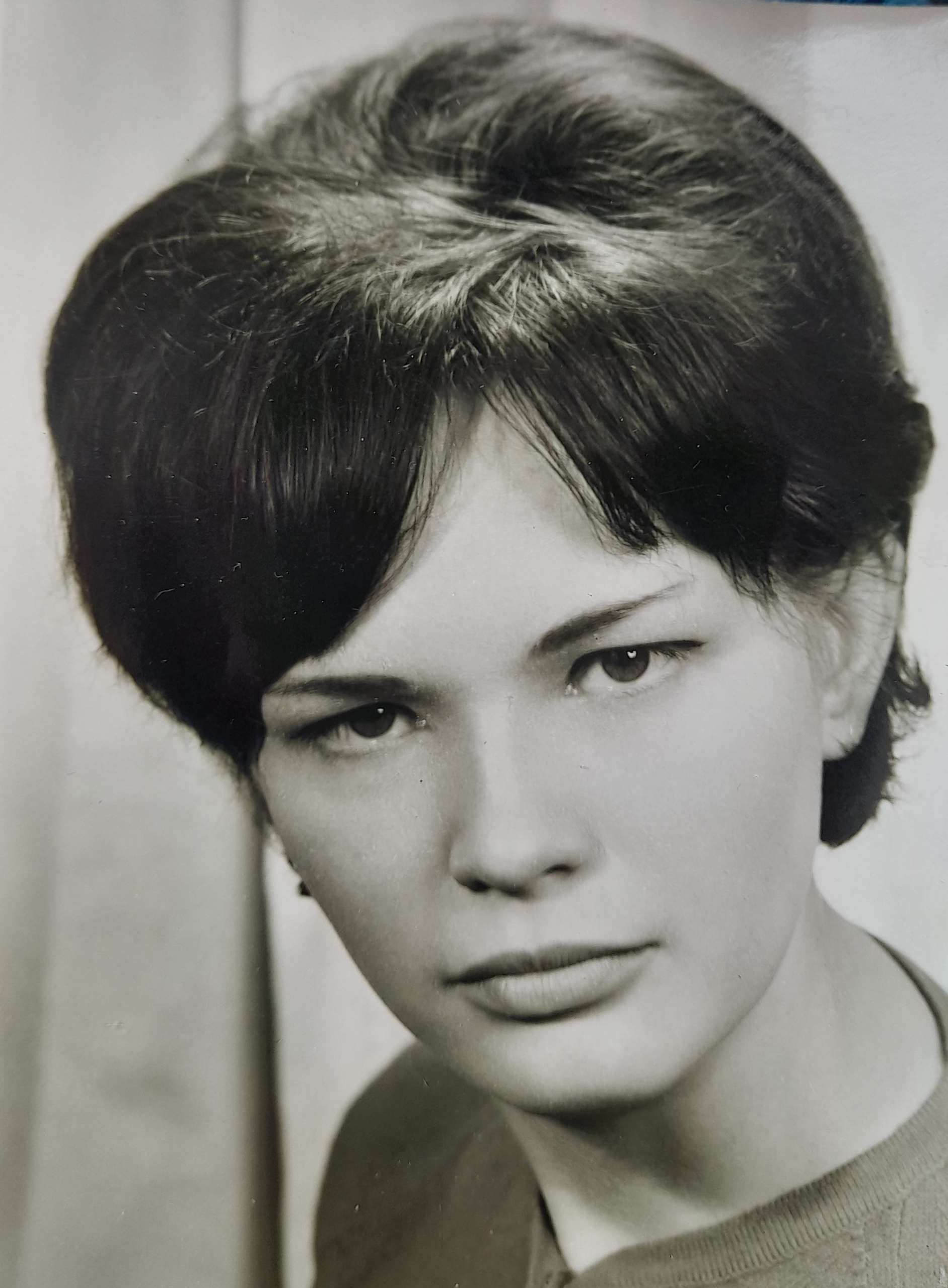
Download image
Alena Hásková, née Lejsková was born on 3 August 1949 in Tanvald to a family of glass engraver Antonín Lejsek and his wife Anna, née Rydvalová, as a middle child of three siblings. She spent the majority of her life in the village of Držkov. Her father Antonín Lejsek came from a poor family of a harness maker and a spinner. In the 1920s he trained to become a glass engraver in Železný Brod, set up a trade, and gradually worked his way up. He sold his art mainly in Prague and Luhačovice. During the war, the Lejseks saved a Jewish girl Ester Godžinská from a transport in Držkov. The Lejseks´ house and car were nationalized by communists after February 1948 and during several house searches which took place throughout the 1950s, communists took away other things of value from their house. In 1964, Alena was admitted to the school of arts and crafts in Jablonec, majoring in metalwork. She got to know later that as a daughter of a “capitalist” she was not supposed to be allowed to graduate. Fortunately, she passed the final leaving exam in 1968 during Prague Spring thanks to which she was not forbidden to graduate. She got married to glass engraver Vladimír Hásek in 1968. The academic sculptor Alois Hásek was her father-in-law. Alena worked in the field for several years, but life circumstances, such as the birth of her disabled daughter, did not allow her to devote herself fully to creative work. She spent the majority of her productive age working but also taking care of ill members of her family. She raised four children, her disabled daughter Marcelka died at the age of forty-two, and her other children graduated from art schools. Her son Jan Hásek is a headmaster at the Secondary School of Applied Arts for Glassmaking in Železný Brod.

